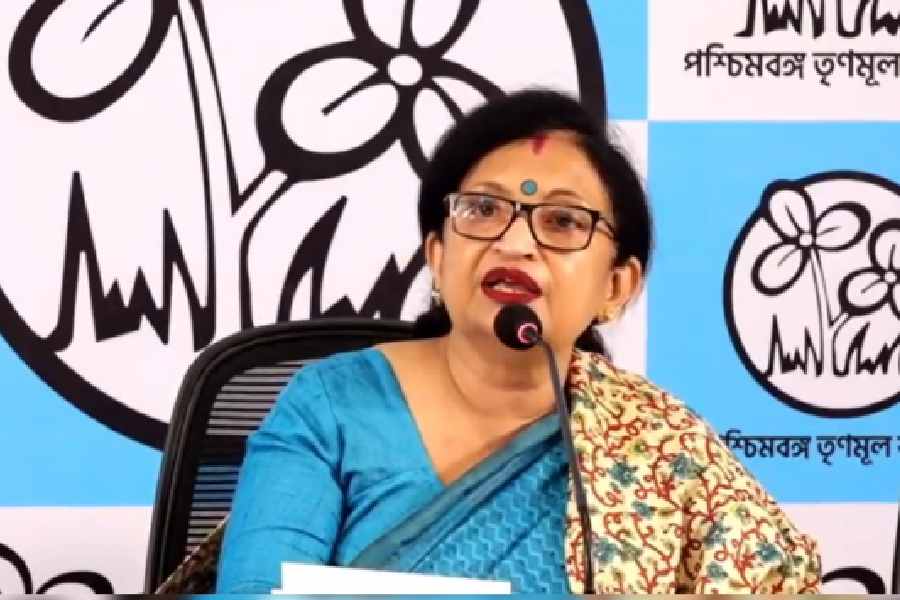
Borjhar, Sept. 3: A woman entrepreneur from Assam has discovered a novel way to keep incense sticks fragrant and fresh.
Arpana Das of Lankeswar, on the outskirts of Guwahati, started packing her brand of incense sticks, Mysore Perfumica Assam Herb, in a local bamboo species called dole bah (macrostachys melocanna) that grows in hilly areas.
"I found that the quality and fragrance of the incense sticks remains intact if the bamboo species is used to pack them," Das told this correspondent.
On why she chose the particular bamboo species, she said, "The shoots are uniform in size and last longer. More importantly, as they are thin, the light weight is advantageous for packaging."
The material is also eco-friendly and renewable. "With supply of the packaging material a constraint, we have given customers the option of returning the bamboo holder against a refund," she said.
Das set up her unit in November last year.
On the processing of the bamboo "container", she said the raw material is cut, smoothened, polished and varnished. "The bamboo is cut by a hacksaw blade, sharp cleaver and knife. After inserting the bundles of incense sticks, the ends are plugged," she elaborated on the packaging method.
Bark, root, flowers of 36 aromatic plants, 15 medicinal herbs, six wood species and resins from 23 trees are used in preparing the incense sticks. As of now, the sticks alone are made in by hand and machines. While the handmade sticks are procured from Dhupdhara in Goalpara, the machine-made sticks are prepared at Rani in Kamrup.
"Currently, 12 kinds of herbal incense sticks are manufactured at the unit.
"We have categorised them as Temple Woods, Golden Aroma and Lavender, among others. Last year, we had taken part in an expo in Guwahati where we met traders from Thailand, Pakistan and Vietnam and supplied about 10,000 packs. There have been enquiries for supply of more sticks from Pakistan and Vietnam, which is encouraging," Das said.
The price of a packet varies from Rs 25 to Rs 120.
Das's unit has tied up with the National Small Industries Corporation under the Union ministry of micro, small and medium enterprises for online promotion of the brand overseas.
India exports incense sticks worth about Rs 350 crore every year.
Currently, the packaging material is bought from farmers in the hills of Meghalaya. Given the long-term supply requirements, Das has taken the initiative to plant the species in Nagaon, Lakhimpur and Kamrup. "I have brought seeds of the bamboo species from Arunachal Pradesh and planted them in areas which are suitable for the plant in Assam so as to meet the requirement. Harvesting in a hilly terrain is an uphill task," she said.
The bamboo species takes four to five years to mature.
As of now, her unit has a workforce of 17, of whom 16 are women. Bamboo Development Agency, Assam, provides technical guidance in the manufacture of the incense sticks.
"However, we will need a lot more assistance from the government with regard to skill development of our workers as we have to sustain quality, given the fact that we have to cater to global clients in the long run," she said.
Das had undergone three-months' training in incense making at Bangalore.
"We are looking forward to more networking in the days to come. Our unit has been selected to take part in the World Trade Fair in Guwahati from Monday," she said.










